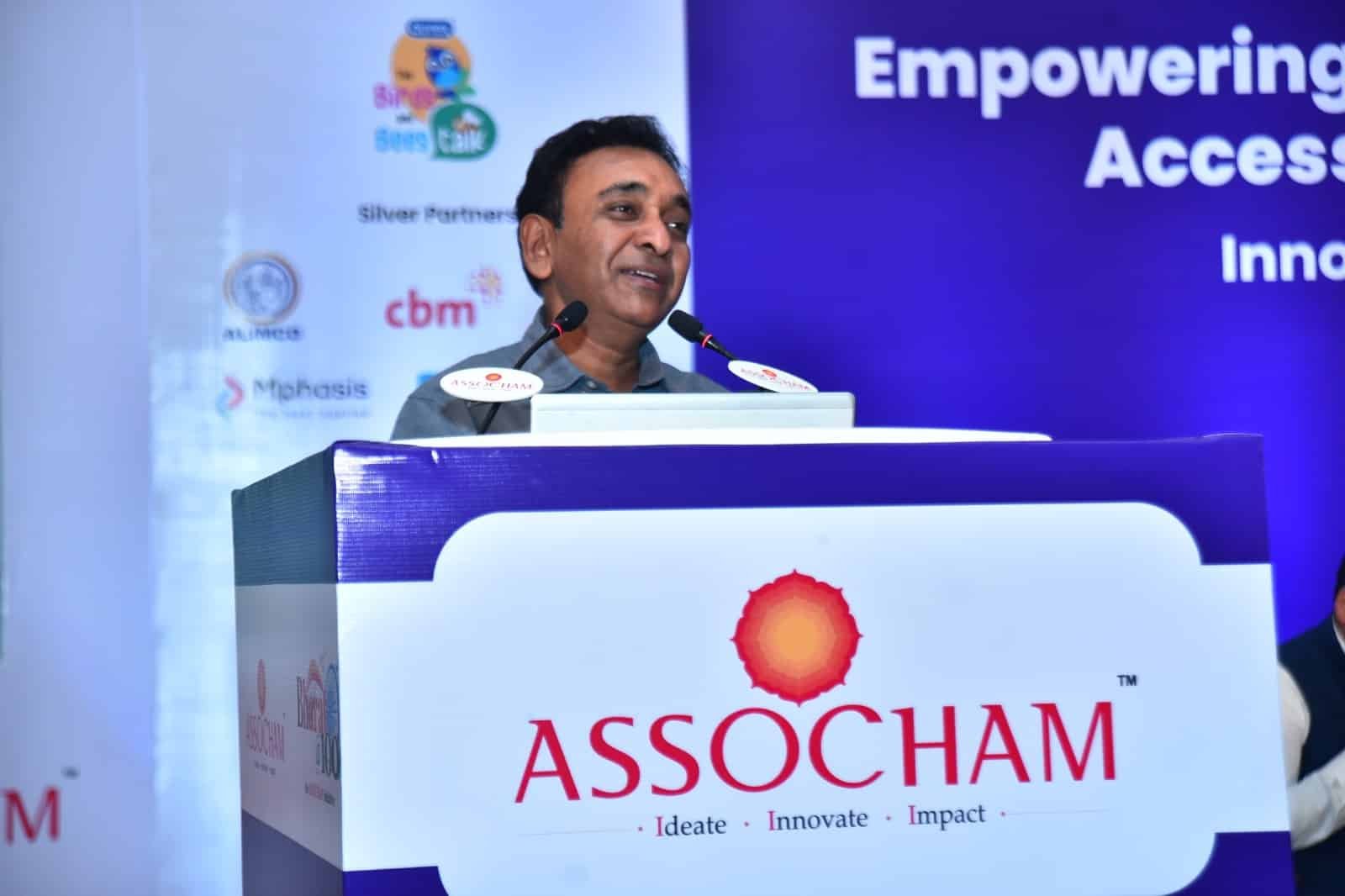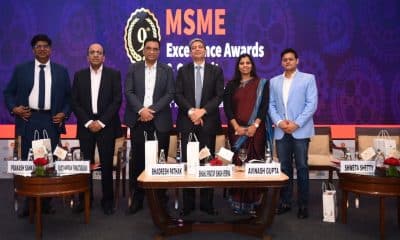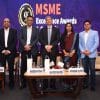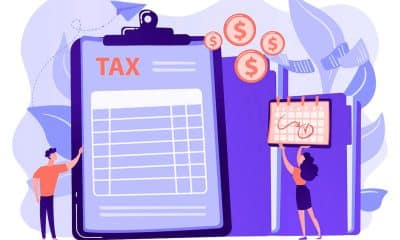Life
Rajesh Aggarwal: India Poised to be a Hub for Assistive Devices for Persons with Disabilities
The 6th ASSOCHAM Conference on Empowering Persons with Disabilities through Accessible & Assistive Technology convened today, tackling critical issues to bolster support for Persons with Disabilities (PwDs) in India. Rajesh Aggarwal IAS, Secretary, Department of Empowerment of Persons with Disabilities, Ministry of Social Justice and Empowerment, underscored the importance of perceiving disability as diversity. Mr. Rajesh Aggarwal identified three major challenges for PwDs: accessible infrastructure, employment opportunities, and education. He emphasized the need for inclusive spaces, equal work opportunities based on skills, and the use of assistive technologies such as Braille displays, speech-to-text software, and adaptive learning tools to empower PwDs in education.
Also read: Unlocking Opportunities: The Power of Inclusive Innovation with Mobility Scooters
Highlighting workplace accommodations, Rajesh Aggarwal advocated for providing ergonomic chairs, specialized keyboards, and software solutions to enhance productivity. He encouraged integrating PwDs into the workforce with designated job profiles rather than as a charitable gesture. Rajesh Aggarwal’s vision aligns with the conference’s “Innovation and Sustainable Solutions for Equal Opportunities” theme, which aims to create an inclusive ecosystem for PwDs and positions India as a Global Assistive Technology (AT) Hub.
Driven by competitive manufacturing costs and government policies like Make in India, the conference recognized India’s potential to become a key player in the global AT market.
Anil Rajput, Chairperson of the ASSOCHAM National CSR Council, emphasized the need for advanced vehicle technologies for PwDs, highlighting mobility as a critical factor. He urged the media to showcase PwDs’ success stories to inspire others and highlight their unique abilities.
Amit Singh, Partner at EY, stressed the importance of collaboration between the government and private sectors to develop sustainable solutions and reduce participation barriers. He noted that Artificial Intelligence (AI) revolutionises assistive devices by personalizing experiences and enhancing accessibility.
Dr. Sara Varughese, Managing Trustee of CBM India, called for concerted efforts to build socially inclusive and universally accessible infrastructure and address social stigma and discrimination that lead to economic vulnerability.
Dipendra Manocha, President of the DAISY Forum of India, highlighted the need for government policies to encourage the mass production of assistive devices through subsidies, tax incentives, and grants, which could reduce production costs and increase availability.
The event concluded with a vote of thanks by Ravi Bhatnagar, Co-Chairperson of the ASSOCHAM National CSR & Empowerment Councils and Director of External Affairs and partnerships, South Asia, at Reckitt. Bhatnagar emphasized making resources more accessible in rural India and discussed how corporations can support an inclusive structure for the disabled workforce.
At the event, a joint knowledge report by ASSOCHAM and EY titled “Accessibility for All: Embracing Digital Transformation with Universal Design” was unveiled.









































Pingback: Global Access Stories from July 5-11, 2024 – The Global Access Files